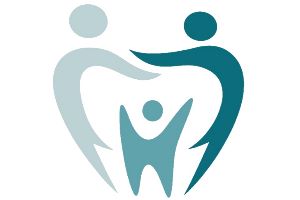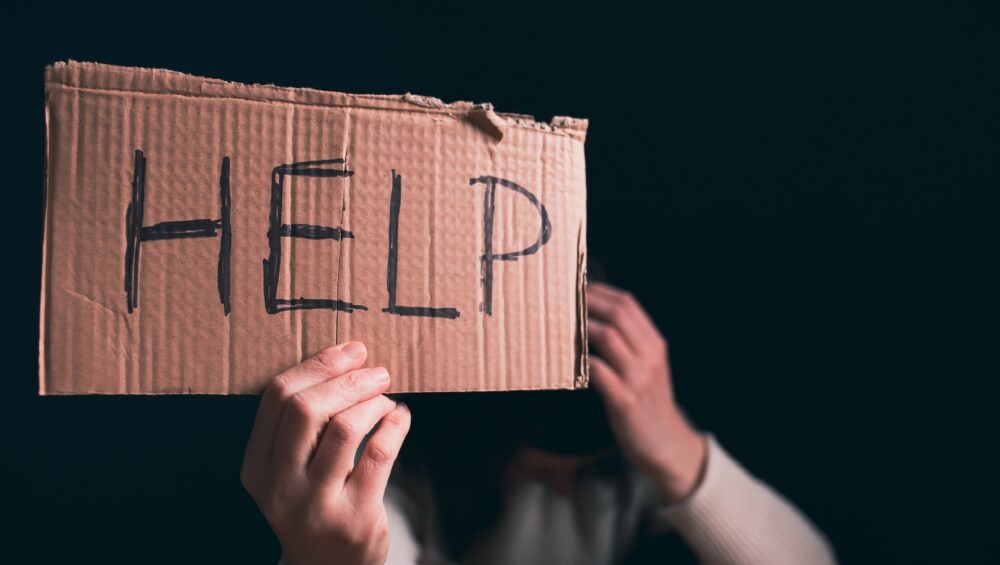Watching a loved one become a victim in a human trafficking situation can feel both terrifying and hopeless.
What can you do if someone you know has already been lured? How can you help them?
Although you might not understand how they got involved, it’s important to remain non-judgemental and open during your communication with the victim.
The importance of Being a ‘Trusted Person’ for the Victim
Whether you agree with the victims life choices or not, being a trusted person for someone in a trafficking situation could save their life.
Survivors will often say they didn’t even know what was happening until they became trapped in a dangerous trafficking situation.
Regardless of whether your loved one broke the rules, made a series of poor decisions, or behaved with disrespect towards you, being a solid and trusted adult in their life could be their light at the end of their tunnel.
Just knowing they can call on you, no questions asked, regardless of their situation, could be their way out.
Literally, you could save their life.
7 Tips when Communicating with someone in a trafficking situation
Being a trusted person for the victim of a trafficking situation is an vital and honoured position, so it’s important to behave honorably and to be loyal whilst communicating with someone that is entangled in an abusive, dangerous, and complex trafficking situation.
1- Honor their request
Although you might not understand their life choices or their current dangerous situation, trust that the person reaching out knows their situation best. If they reach out for help, it’s important to honor their requests in order to ensure their safety.
2- Remain open & non-judgemental
Again, you might not know what led them to be trafficked in the first place. But being judgmental and having a know-it-all attitude is not going to help them. Maintain an open mind when communicating, and remain inviting so they feel able to reach out at any time for anything.
3- Speak in person
Of course, every situation is different. But if at all possible, try to speak in person if at all possible.
4- Speak on phone
If speaking in person is impossible, speak over the phone. It is advised to avoid text and social media communications. Ask if the person is alone and use yes/no questions until they indicate it is safe to communicate more freely.
5- Establish safety words
If the victim is alone, try to establish code words. One code word would indicate that it is safe to talk freely, while another code word would indicate that it is no longer safe to communicate. If possible, also establish a code word to indicate that emergency services can be called.
6- Dig for safety concerns
If you’ve got their attention, try to dig deep during your conversations. Even if using code words, try to learn about their safety concerns so that you can provide as much help as possible.
7- Learn about their needs
If possible, try to learn about their needs for the future. Do they want to report the crime? Seek shelter? Counseling services? Try to find out what they need in order to move forward.
Attempting to leave a trafficking situation is dangerous for everyone involved.
If you’re the trusted adult in a victim’s life, reaching out for help and support along the road is important- you can’t do this alone.
If you are ever in immediate danger, emergency services are available by calling 9-1-1.
There are services available not only to the victim of trafficking but also to the survivor’s loved ones.
Please see more resources for families and loved ones on our PCHT website.






